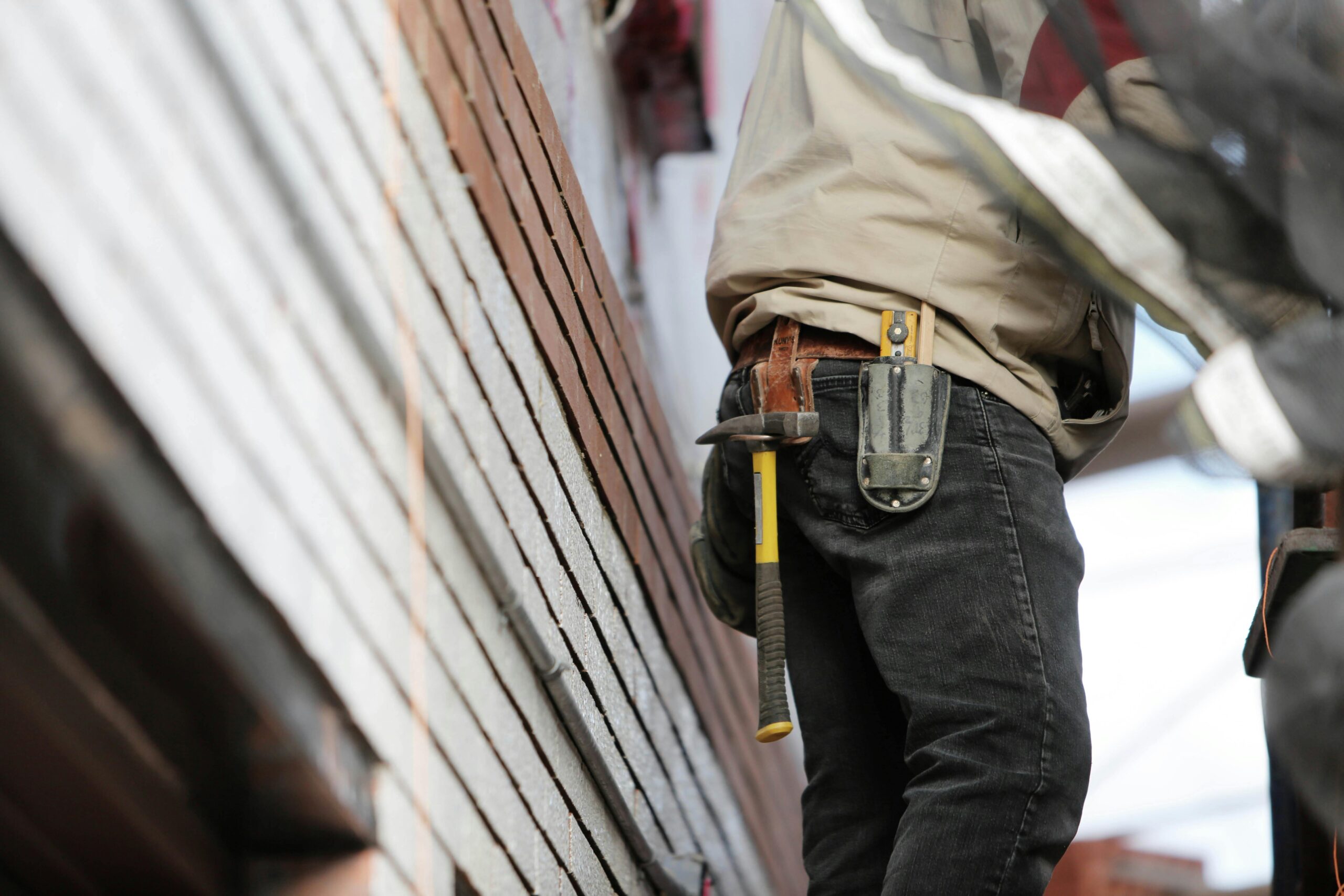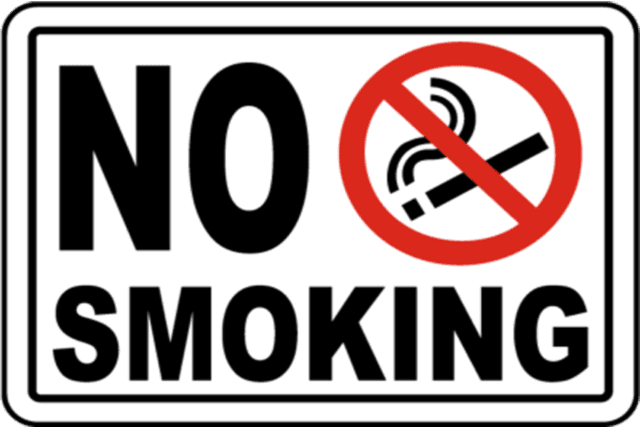How do common element maintenance, repair, and replacement affect community associations?
Common elements refer to shared areas and amenities, such as pools, clubhouses, parking lots, and recreational facilities, that are collectively used by association members. Community associations must properly address issues related to common elements, as such associations are generally responsible for the maintenance, repair, and replacement of common elements.
Accordingly, the impact of common element maintenance, repair, and replacement issues on community associations is often significant. These issues directly affect the overall appearance, functionality, and desirability of the community, which can influence property values, resident satisfaction, and the association’s financial stability. Moreover, failure to properly address common element issues can lead to safety concerns and potential legal disputes and liabilities.
Need help regarding common element maintenance, repair and replacement issues? Schedule your consultation today with a top community associations attorney.
In Florida, which laws and regulations apply to common element maintenance, repair, and replacement?
In Florida, several laws and regulations apply to common element maintenance, repair, and replacement issues. For example, Florida’s Condominium Act, Cooperative Act, and Homeowners’ Association Act outline some of the responsibilities and procedures for associations regarding the maintenance, repair, and replacement of common elements.
Additionally, local ordinances, zoning regulations, and other laws may influence the construction and maintenance of common elements.
What are common issues regarding common element maintenance, repair, and replacement that lead to litigation?
The following issues are among the most common in actions regarding common element maintenance, repair, and replacement:
- Neglecting Regular Maintenance: Failure to conduct routine maintenance on common elements can lead to deterioration and safety hazards, increasing the risk of accidents and potential lawsuits.
- Budgetary Constraints: Inadequate budgeting for maintenance, repair, and replacement expenses may result in delays or subpar work, leading to dissatisfaction among residents and potential legal action.
- Disputes Over Responsibility: Ambiguity or disputes over which party is responsible for maintaining, repairing, or replacing specific common elements can escalate into litigation, especially when governing documents are unclear or outdated.
- Inadequate Communication: Poor communication between community association management, board members, and residents regarding maintenance issues can exacerbate conflicts, lead to accidents, and result in legal disputes.
- Non-Compliance with Regulations: Failure to comply with applicable regulations regarding common element maintenance, repair, and replacement can expose community associations to legal liabilities and penalties.
We are value-based attorneys at Jimerson Birr, which means we look at each action with our clients from the point of view of costs and benefits while reducing liability. Then, based on our client’s objectives, we chart a path to seek appropriate remedies.
To determine whether your unique situation may necessitate litigation, please contact our office to set up your initial consultation.
What steps should community associations take to minimize the risk of litigation over common element maintenance, repair, and replacement?
To minimize the risk of litigation over common element maintenance, repair, and replacement issues, community associations can implement the following strategies:
- Develop Comprehensive Maintenance Plans: Establishing detailed maintenance plans for common elements ensures regular upkeep and helps prevent potential issues from escalating into legal disputes.
- Allocate Sufficient Funds: Adequately budgeting for maintenance, repair, and replacement expenses allows community associations to address issues promptly, reducing the likelihood of resident complaints and litigation.
- Clarify Responsibilities: Clearly delineating responsibilities for maintenance, repair, and replacement in governing documents and community policies, within the legal parameters, helps mitigate disputes and promotes accountability.
- Enhance Communication Channels: Improving communication between community association management, board members, and residents fosters transparency and allows for timely resolution of maintenance issues, reducing the risk of litigation.
- Stay Updated on Regulations: Regularly monitoring and ensuring compliance with relevant regulations regarding common element maintenance, repair, and replacement helps community associations avoid legal liabilities and penalties.
Frequently Asked Questions
How often should community associations conduct inspections of common elements to identify potential issues?
The frequency of inspections may vary depending on the size and nature of the community, but conducting regular inspections is key to identifying and addressing issues promptly.
Can a community association be held liable for accidents resulting from poorly maintained common elements?
Yes, community associations can be held liable for accidents resulting from poorly maintained common elements, typically where negligence or failure to fulfill their duty of care can be established.
What recourse do residents have if they believe the community association is neglecting its maintenance responsibilities?
Residents can typically address concerns about maintenance neglect through formal complaint procedures outlined in the community’s governing documents or by bringing the issue to the attention of the association’s board of directors.
Have more questions about a situation related to common element maintenance, repair or replacement?
Crucially, this overview of common element maintenance, repair and replacement issues does not begin to cover all the laws implicated by this issue or the factors that may compel the application of such laws. Every case is unique, and the laws can produce different outcomes depending on the individual circumstances.
Jimerson Birr attorneys guide our clients to help make informed decisions while ensuring their rights are respected and protected. Our lawyers are highly trained and experienced in the nuances of the law, so they can accurately interpret statutes and case law and holistically prepare individuals or companies for their legal endeavors. Through this intense personal investment and advocacy, our lawyers will help resolve the issue’s complicated legal problems efficiently and effectively.
Having a Jimerson Birr attorney on your side means securing a team of seasoned, multi-dimensional, cross-functional legal professionals. Whether it is a transaction, an operational issue, a regulatory challenge, or a contested legal predicament that may require court intervention, we remain tireless advocates at every step. Being a value-added law firm means putting the client at the forefront of everything we do. We use our experience to help our clients navigate even the most complex problems and come out the other side triumphant.
If you want to understand your case, the merits of your claim or defense, potential monetary awards, or the amount of exposure you face, you should speak with a qualified Jimerson Birr lawyer. Our experienced team of attorneys is here to help. Call Jimerson Birr at (904) 389-0050 or use the contact form to schedule a consultation.

We live by our 7 Superior Service Commitments
- Conferring Client-Defined Value
- Efficient and Cost-Effective
- Accessibility
- Delivering an Experience While Delivering Results
- Meaningful and Enduring Partnership
- Exceptional Communication Based Upon Listening
- Accountability to Goals











